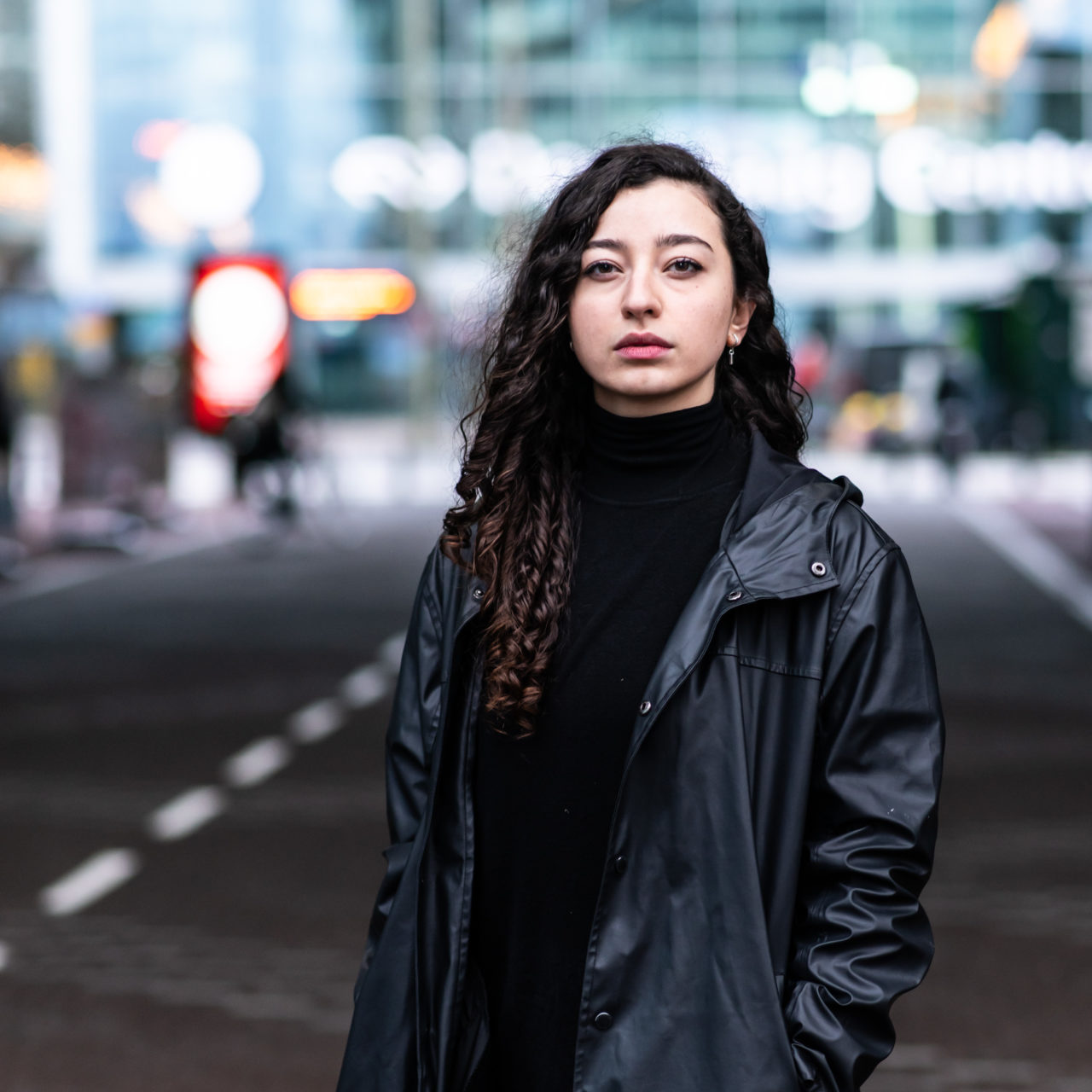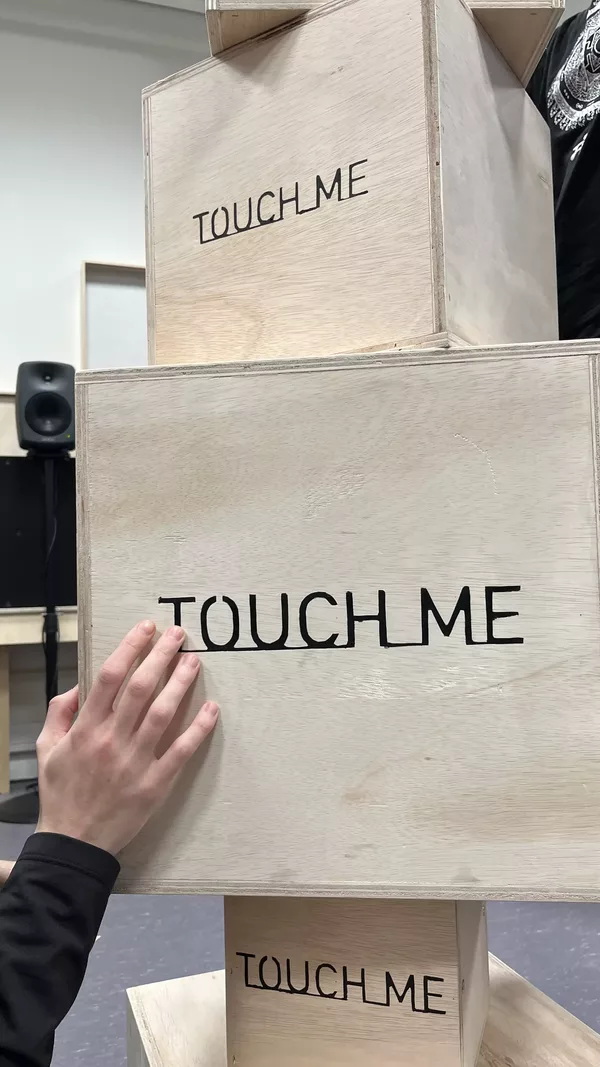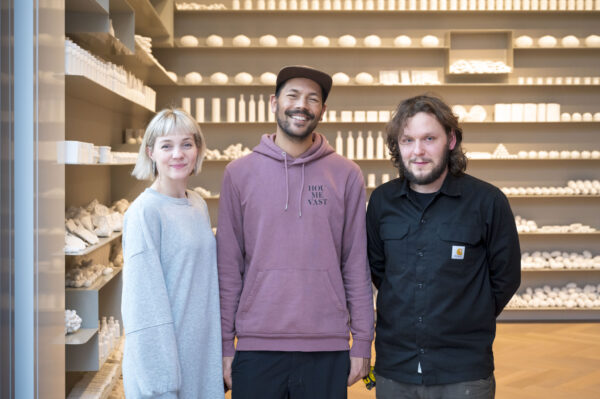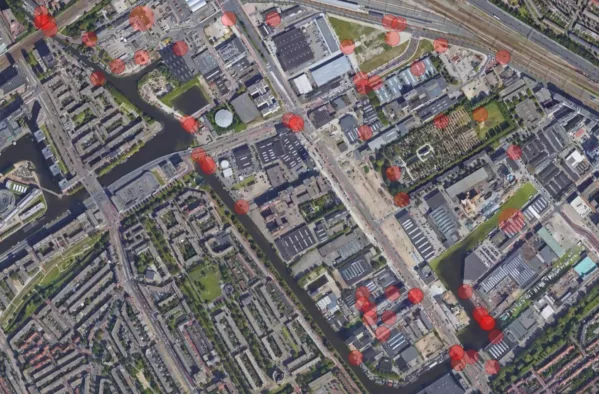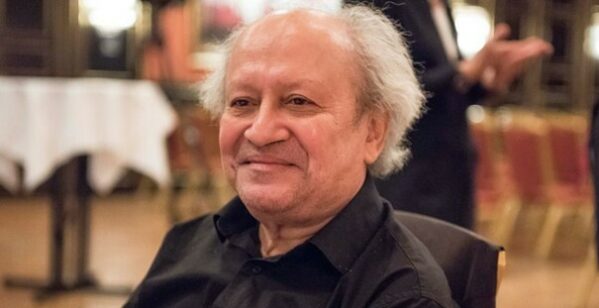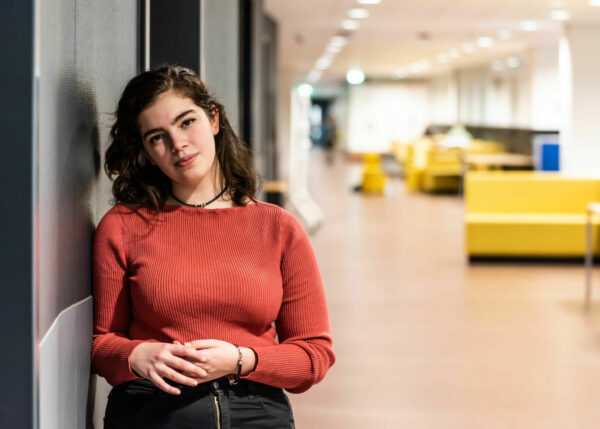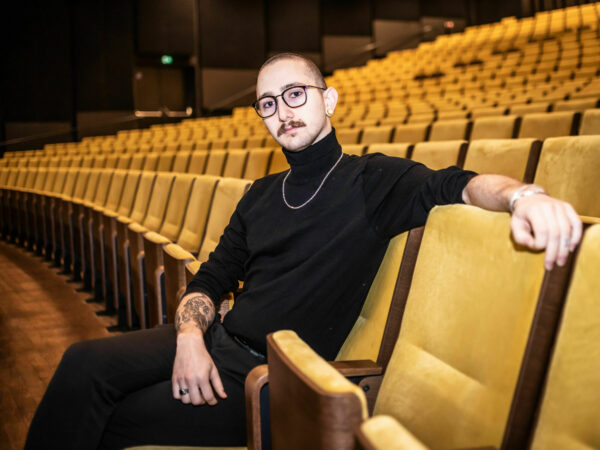Farzaneh Nouri is an Iranian musician, composer and sound artist. Before coming to the Royal Conservatoire, she studied piano, cello and composition in Tehran and graduated with a university degree in cinema studies. Expressing a special interest in electronic music and searching for the right place to continue her education, one of her teachers in Tehran told her about the Institute of Sonology at the Royal Conservatoire. Having never been to the Netherlands, she took a leap of faith and moved here two years ago. Farzaneh:”It turned out to be one of the best decisions I ever made”.
“The most interesting aspects for me were the diversity of the subjects, the teachers, the studios and facilities. The syllabus seemed to have a nice equilibrium between the study of sound, music and technology, theory and practice. Subjects such as algorithmic composition, sound installations, composing in the analogue studio, music and time, as well as psychoacoustics, field recording and digital signal processing. Also, the fact that the institute is situated in a conservatoire offers a wide range of artists with different approaches towards music, gathered in an academic environment, which broadens one’s perspective as a composer of electroacoustic music and as a sound artist”.
“After I passed the first part of the application, I had to participate in a live audition. However, due to the long waiting time for an appointment for the visa at the Dutch embassy in Tehran, I could not be in The Hague for the live audition which of course was quite disappointing. The school allowed me to audition online instead, which was great. I found their consideration and support very warm and welcoming. Moving to The Hague was probably more complicated for me compared to my fellow European students. In addition to the distance, I had to go through immigration procedures and of course build a new way of living, new bank accounts, proper accommodation. The Royal Conservatoire was able to help me in the visa application after I was admitted, the other stuff I managed on my own.”
“I find my studies very fruitful and enjoyable. The knowledge I obtain through the lessons and lectures, the artistic experiments and collaboration with fellow students at the Institute of Sonology and other departments, and being among this incredible community of artists are the key factors for me. We have amazing teachers, who are always willing to help and support you in your educational path, from constructive feedback during individual meetings and group discussions, to making sure you have the equipment you need along the way. There are concert halls and studios equipped with multichannel sound systems, a unique voltage-controlled studio as well as a wave field synthesis system. This provides the proper space and facilities required for the education and realisation of your projects and research.”
“The most interesting aspect of studying Sonology at the Royal Conservatoire for me though is having the opportunity to study among a wonderful community of students with totally different backgrounds in music. I have learnt so much from collaborations, live performances, mutual feedback during discussion sessions and playing in the electroacoustic ensemble. I believe this kind of knowledge transfer in such a community plays an important role in developing one’s work. There are events, lessons, projects and concerts organised that engage students from different departments. This connects us all to work with each other and acquire even more knowledge and skills through looking at ideas from another point of view.”
“Coming from Tehran, which is a megacity, The Hague is much more quiet and small. The art scene in The Hague is very active and lively. Before the Covid restrictions, a typical week of mine used to include attending lessons and lectures, working on individual and group projects, rehearsals, gathering with friends and colleagues for jam sessions, attending art events, concerts, parties, reading, watching films and listening to a lot of music. With the current situation however, I usually read and work and study at home. We can still book studios for individual practice, which is great.”
Farzaneh believes she’s building a strong network; important both for educational purposes and for her future career. The Royal Conservatoire collaborates with other institutions, studios and research centres and has partnerships with other universities in the Netherlands and abroad. “For us as students, this means we can expand our networks by taking courses, performing, and doing internships and residencies in these studios and institutions. Apart from the amazing educational progress, studying at the Royal Conservatoire has taught me to seize opportunities, be more open to new ideas and perspectives, to consciously observe my professional progress and improve my knowledge and skills”.
Interested? Go to our 'Apply now' pages for more information about the Royal Conservatoire and the Institute of Sonology.
